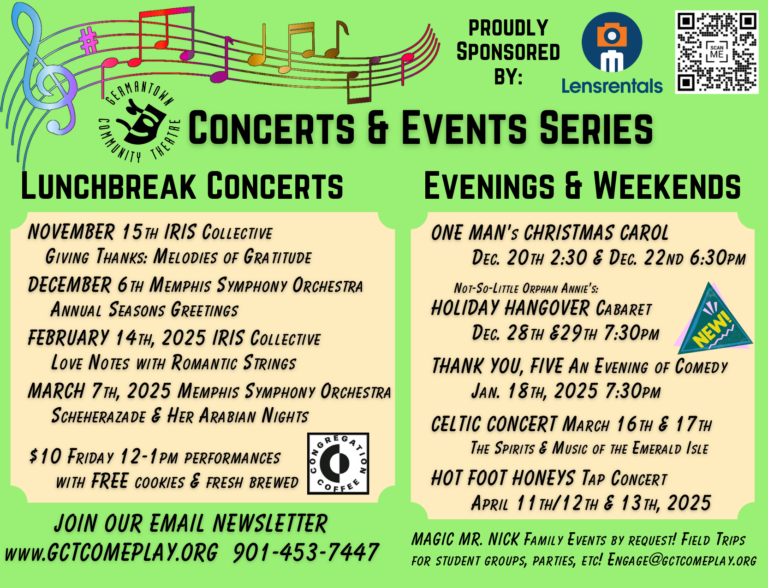Click Info Track: Your Daily Dose of Insights
Stay updated with the latest trends and information across various topics.
When the Crowd Goes Wild: The Science of Concert Euphoria
Discover the secret behind concert euphoria and why crowds go wild—uncover the science that makes live music unforgettable!
The Biology Behind the Buzz: What Happens in Your Brain at Concerts?
Attending a concert is more than just enjoying live music; it's a fascinating interplay of biology and psychology. When you step into the venue, your brain begins to react to the environment almost instantly. The initial excitement triggers the release of dopamine, a neurotransmitter associated with pleasure and reward. As the beat drops and the crowd sways, your body experiences an adrenaline rush, heightening your senses and intensifying emotions. This phenomenon is linked to the neurological response to music, where rhythmic and melodic elements engage various brain regions, creating a euphoric experience that connects you with fellow concert-goers.
Furthermore, the social aspect of concerts amplifies these biological effects. Being surrounded by a collective audience can activate mirror neurons in your brain, fostering a sense of unity and shared experience. This is why you might find yourself singing along, dancing, or simply reveling in the collective energy. According to research on music and social bonding, these moments can trigger the release of oxytocin, often dubbed the 'love hormone.' This combination of biochemical reactions not only enhances personal enjoyment but also deepens the emotional connections we share with the music and those around us.

The Power of Music: How Live Performances Create a Sense of Community
The power of music extends far beyond mere entertainment; it serves as a profound catalyst for creating a sense of community. When individuals gather for live performances, whether at concerts, festivals, or local showcases, they share in a collective experience that fosters connections and empathy. Enthusiastic cheers, synchronized dancing, and even the simple act of singing along contribute to an electrifying atmosphere that transcends individuality. According to a study published by the Frontiers in Psychology, participation in musical events can enhance social cohesion and foster a sense of belonging among attendees.
In addition to forging social bonds, live performances often serve as a platform for community building, addressing shared struggles, and celebrating cultural heritage. Artists frequently use their platforms to reflect societal issues, encouraging audience members to engage in dialogue and solidarity. The National Institutes of Health highlight that musical events can act as spaces for individuals to unite over common goals, allowing them to feel part of a larger movement. Ultimately, the vibrancy of live music acts not just as an art form but as a powerful framework through which communities can thrive.
What Triggers Concert Euphoria and Why Do We Love It?
Concert euphoria is a profound feeling of excitement and joy that many experience during live music events. This phenomenon is often triggered by a combination of factors, including the energy of the crowd, the atmosphere of the venue, and the live performance itself. When fans gather to share their love for a band or artist, a sense of community forms, which can amplify the emotional highs of the concert. According to a study published in Psychology Today, the release of neurotransmitters like dopamine can create feelings of happiness and euphoria, particularly during climax moments of a song. Combined with the visual stimuli of stage lights and the vibe of fellow concert-goers, it's no wonder that many people describe concerts as transcendent experiences.
The love for concert euphoria can also be attributed to the psychological and physiological effects that live music has on individuals. Engaging in activities like singing along or dancing energizes the body and fosters a shared experience among attendees, leading to a heightened emotional response. From the cathartic release in a powerful ballad to the ecstatic rush of an upbeat anthem, the connection to music and others creates a unique bond that is hard to replicate in other settings. Moreover, research highlighted in an article by Science Direct indicates that such communal musical experiences can improve mental well-being and reduce feelings of loneliness. This blend of emotion, connection, and stimulation is why concert euphoria remains a cherished aspect of our social and cultural lives.